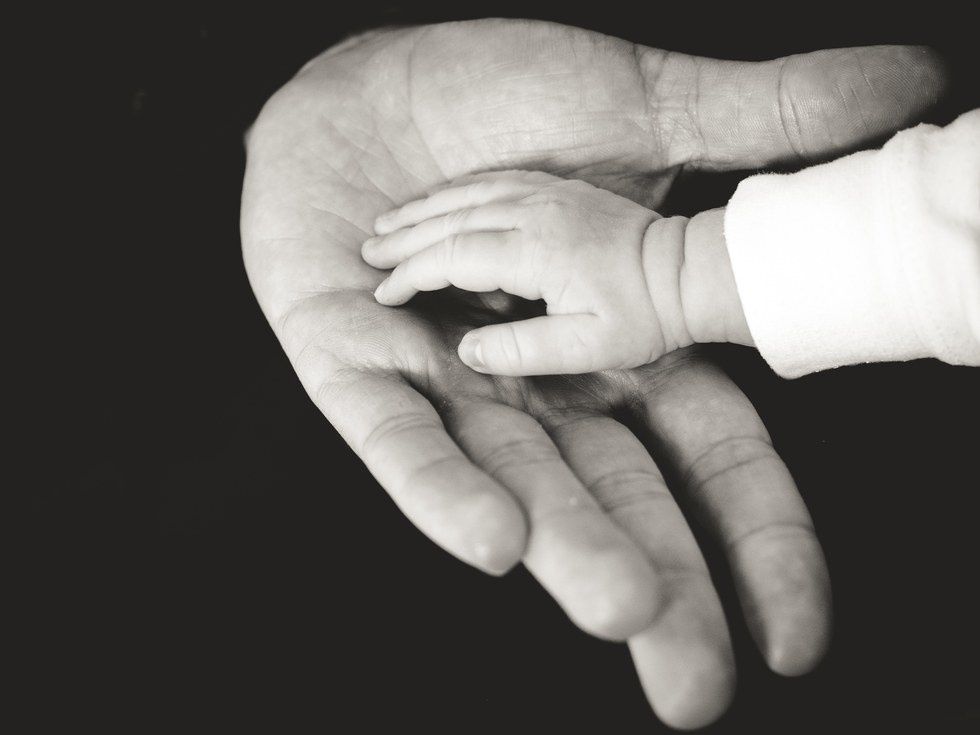The United States of America has always held strong to its belief in the “American Dream:" a belief that if you work hard enough then you can achieve the same prosperity and personal fulfillment as anyone else. This belief has resonated in the hearts of immigrants much like the harmonic words at the pedestal of the Statue of Liberty: “Give me your tired, your poor, your huddled masses yearning to breathe free, the wretched refuse of your teeming shore. Send these, the homeless, tempest-tossed to me, I lift my lamp beside the golden door,” has tugged at their souls to venture to a land of opportunity. This raises a question in the wake of the recorded population of 46.7 million people in the United States that experienced poverty: is the “American Dream” really for everyone? The best way to analyze this question is by breaking it down into two basic questions: who is a vulnerable population facing poverty, and how has the “American Dream” been influential throughout the years?
So, who is facing poverty in the United States, and is there a problem? Typically, many people could not imagine that the U.S. faces a crisis when it comes to poverty, but when you compare the approximate 320 million people living in the United States with the 46.7 million in poverty, it comes out to show that nearly 15 out of every 100 Americans are battling against poverty. Using the belief that the “American Dream” is for all, many people would claim that these impoverished people should be able to ameliorate their situation if they work hard, but what about the vulnerable population included in these figures: children? Within the 2014 United States population, there is a recorded 15.5 million children in poverty, and about 45,000 of these children are unaccompanied and homeless. This vulnerable population faces several hardships through multiple stressors: cognitive, physical and economical.

So, exactly how has the “American Dream” been influential in shaping the United States we see today? Think about it simply through the eyes of a psychologist and sociologist using the understanding gained by labeling theory. Although Becker’s theory is mostly applied to people who commit criminal acts and in the stages of childhood development, its premise can be extrapolated to give an explanation as to why several politicians have promoted a campaign, and at times succeeded, to reduce social services to families and children in poverty. The “American Dream” states that people who work hard will be able to achieve their goals and aspirations; thus, they will be able to leave their life of poverty for a prosperous one. This is when a label is applied to those people who struggle with poverty; they are labeled as lazy and unambitious. The label created through an overly accepted and unquestioned view of the “American Dream” has for years convinced others that those in poverty are in this situation by choice. Because of this failure to recognize the systemic factors influencing poverty and a lack of opportunity to grow out of it, proposed budgets and social programs have been cut down. It should be clear why there is such push back against movements such as the “Fight for 15"— the idea that bolsters their opposition is that people choose to work at underpaying jobs because they did not try hard enough, and if they want a better life then they should try harder or get an education. These policy decisions and push backs to movements fighting for livable wages and improved health standards have been detrimental to the population of impoverished Americans, but continue to be justified through the veil of the “American Dream.”
Perhaps it is time to redefine the “American Dream” into a realistic view: one in which social context is given its weight. Children are indeed the future of this country, yet millions who face poverty continue to serve the martyr for this “Dream.” We would do best as a country to reexamine how we view our most vulnerable population when addressing opportunity for prosperity. Taking the social context of those in poverty is only the first step in creating a healthier country in which each child has the same opportunity to succeed.
Written with the hope for a better future,
Nuno Pereira






















